Description
Manganese may help some of the following conditions:
Osteoporosis
Manganese is one of several trace elements (including vanadium and boron) that are necessary for bone health. There is no specific evidence that manganese can prevent osteoporosis, but one study found that taking a combination of calcium, zinc, copper, and manganese helped lessen spinal bone loss in a group of post menopausal women. Anyone can develop osteoporosis, but it is common in older women. As many as half of all women and a quarter of men older than 50 will break a bone due to osteoporosis.
Arthritis
People with arthritis tend to have low levels of SOD (an antioxidant that helps protect the joints from damage during inflammation). Some experts theorize that manganese may increase SOD levels, but there is no proof that it helps treat arthritis. A few clinical studies of people with rheumatoid and osteoarthritis suggest that manganese taken along with glucosamine and chondroitin can reduce pain. However, some studies have found no effect. Other studies have found that women with fibromyalgia have lower levels of calcium, magnesium, iron, and manganese in their hair fibers than women without the disease.
Premenstrual syndrome (PMS)
In one well-designed clinical study, women who ate 5.6 mg of manganese in their diets each day had fewer mood swings and cramps compared to those who ate only 1 mg of manganese. These results suggest that a manganese-rich diet may help reduce symptoms of PMS. Another clinical study found that patients with PMS had significantly lower amounts of calcium, chromium, copper, and manganese in their blood than those without PMS.
Diabetes
Some studies seem to show that people with diabetes have low levels of manganese in their blood. But researchers don’t know if having diabetes causes levels to drop, or whether low levels of manganese contribute to developing diabetes. More studies are needed. One clinical study found that people with diabetes who had higher blood levels of manganese were more protected from LDL or “bad” cholesterol than those with lower levels of manganese.
Epilepsy
Several clinical studies suggest that people who have seizure disorders have lower levels of manganese in their blood. But researchers don’t know if having seizures causes low levels of manganese, or whether low levels of manganese contribute to having seizures. At least one animal study suggests that manganese supplementation does not reduce the severity or frequency of seizures in rats. More clinical studies are needed.
Plays a Role in the Metabolism of Nutrients
Manganese helps activate many enzymes in metabolism and plays a role in a variety of chemical processes in your body.
Metabolism
It helps with protein and amino acid digestion and utilization, as well as the metabolism of cholesterol and carbohydrates .
Manganese helps your body utilize a number of vitamins, such as choline, thiamine, and vitamins C and E, and ensures proper liver function.
Additionally, it works as a cofactor, or helper, in development, reproduction, energy production, immune response and the regulation of brain activity
May Protect Your Brain Against Free Radicals and Improve Brain Function
Manganese is essential for healthy brain function and often used to help treat specific nervous disorders.
One way it does this is through its antioxidant properties, particularly its role in the function of the powerful antioxidant superoxide dismutase (SOD), which can help protect against free radicals that could otherwise damage brain cells in the neural pathway.
Additionally, manganese can bind to neurotransmitters and stimulate faster or more efficient movement of electrical impulses throughout your body. As a result, brain function may be improved.
While adequate manganese levels are necessary for your brain’s functioning, it’s important to note that too much of the mineral can have negative effects on the brain.
You may obtain too much manganese by consuming more than the Tolerable Upper Intake Limit (UL) of 11 mg per day or by inhaling too much from the environment. This may result in Parkinson’s-disease-like symptoms, such as tremors
. Contributes to Good Thyroid Health
Manganese is an essential cofactor for various enzymes, meaning that it helps these enzymes function and work properly in your body.
It also plays a role in the production of thyroxine.
Thyroxine is a vital hormone, important for the normal function of your thyroid gland, which helps you maintain a proper appetite, metabolism, weight and organ efficiency.
As a result, a manganese deficiency could cause or contribute to a hypothyroid condition, which may contribute to weight gain and hormone imbalances
May Aid Wound Healing by Playing a Role in Collagen Production
Trace minerals, such as manganese, are important in the healing process of wounds.
Wound healing requires an increased production of collagen.
Manganese is needed for producing the amino acid proline, which is essential for collagen formation and wound healing in human skin cells.
Early research shows that applying manganese, calcium and zinc to chronic wounds for 12 weeks may improve healing.
Functions of manganese in reproduction
The increase in LH release can stimulate testosterone production by Leydig cells, and FSH and testosterone can also stimulate all phases of spermatogenesis, providing a likely mechanism for increased spermatogenesi



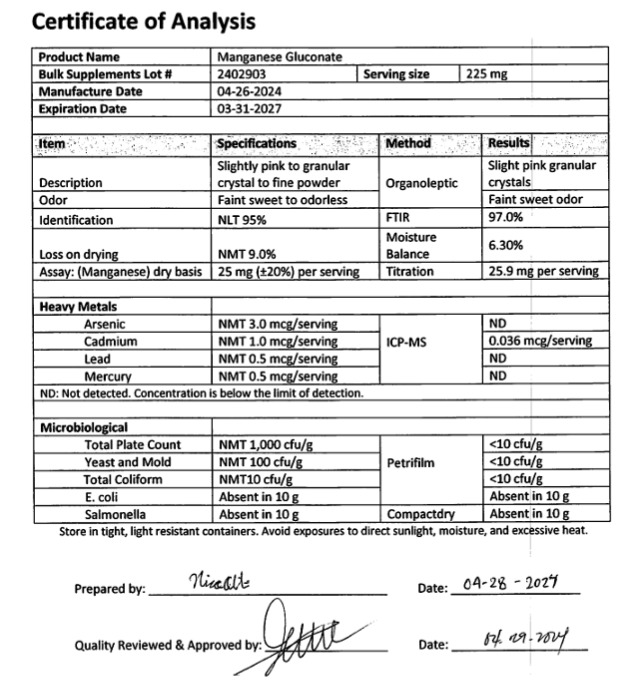






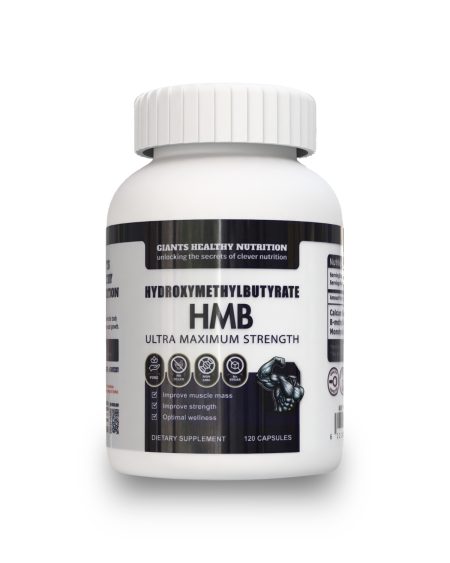
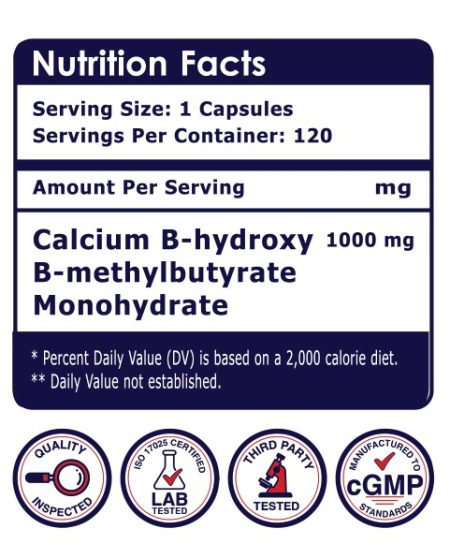
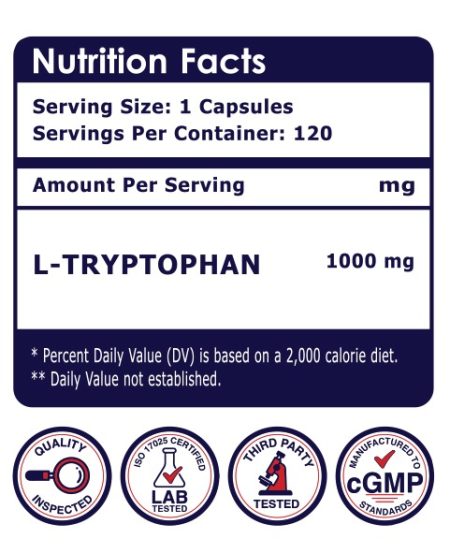
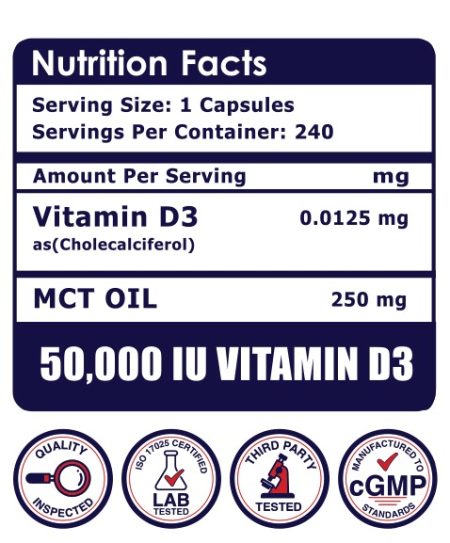

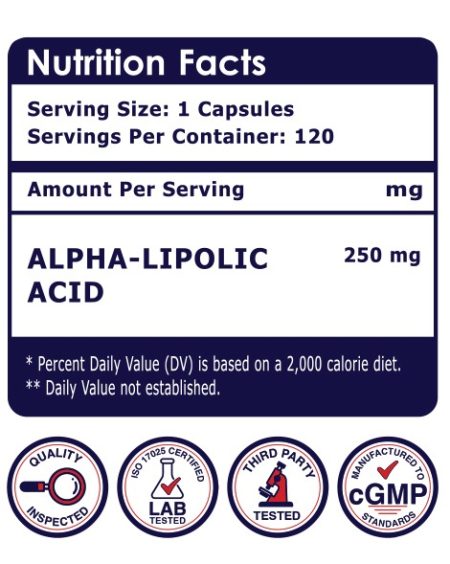
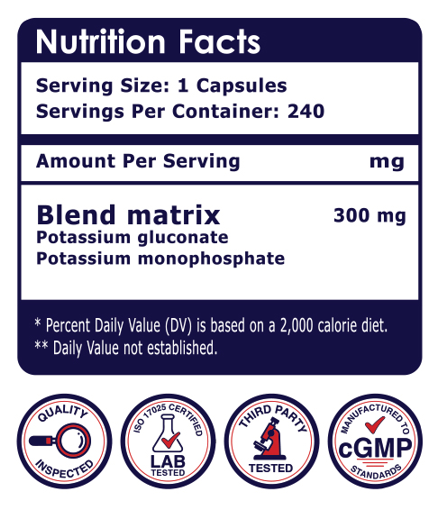


There are no reviews yet.